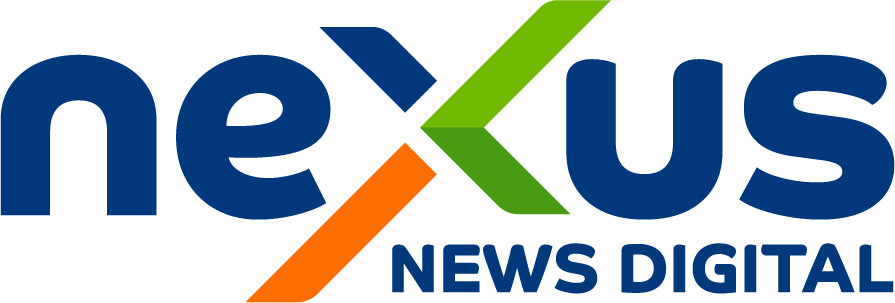Five Reasons Why Java is the Must-Learn Language for Programmers in 2021
Java is a programming language that has been around for over two decades. It has remained popular among developers because of its stability, security, and simplicity. Java is also versatile, with applications in mobile and web development, big data, and gaming, among other fields.
As we enter a new year, Java is poised to continue its reign as the must-learn language for programmers. In this article, we will explore five reasons why Java is worth investing your time and effort into mastering in 2021.
1. Java is Widely Used
Java is one of the most widely used programming languages in the world. According to the TIOBE Index, Java has been the most popular programming language for several years, with a market share of over 17%. Many prominent companies, including Amazon, Google, and Netflix, use Java for their applications.
The popularity of Java means that there is a wealth of resources available for learning the language. You can find online courses, tutorials, and communities dedicated to Java programming. Additionally, being proficient in Java can open up a wide range of job opportunities.
2. Java is Easy to Learn
Despite its popularity, Java is relatively easy to learn compared to other programming languages. This is because Java was designed to be a beginner-friendly language. The syntax is simple and straightforward, and there are plenty of resources available for learning the language.
Java’s simplicity also makes it an excellent choice for prototyping and developing proof of concept projects. With Java, you can quickly build working prototypes to test your ideas and refine your concepts before moving on to more complex programming languages.
3. Java is Portable
Java is known for its portability, which means that the code you write in Java can run on multiple platforms without requiring any changes. This is because Java code is compiled into bytecode, which can be executed on any platform that has a Java Virtual Machine (JVM) installed.
The portability of Java makes it an excellent choice for developing cross-platform applications. You can develop an application in Java and run it on Windows, MacOS, or Linux without having to rewrite the code for each platform.
4. Java is Secure
Security is a critical consideration in software development, especially now that cyber threats are becoming more sophisticated. Java was designed with security in mind, and the language has several features that make it inherently secure.
For instance, Java uses a sandbox security model that restricts the actions of a program to a limited set of resources. This prevents Java applications from accessing the user’s computer, network, or file system without their explicit consent. Java also has a robust security architecture and supports encryption and decryption of data.
5. Java is in High Demand
Finally, Java is in high demand in the job market. According to Payscale, the average salary for a Java developer in the United States is around $80,000 per year, with top-tier developers earning upwards of $130,000 per year.
The demand for Java developers is expected to remain high in the coming years as more companies adopt Java for their applications. This means that being proficient in Java can give you a competitive advantage when applying for programming jobs.
Conclusion
Java is a must-learn language for programmers in 2021 due to its wide use, simplicity, portability, security features, and high demand in the job market. By learning Java, you can develop a versatile skill set that can open up a wide range of job opportunities and help you build secure, cross-platform applications. Whether you are a beginner or an experienced programmer, there is no better time to start learning Java than now.
- Unlock the Power of Empathy: The Key to Understanding the Other Person - 28 de abril de 2023
- Exploring the world: Why traveling is the best investment you can make - 28 de abril de 2023
- Xenophobia: A poison that destroys harmony and progress in our society – Why we must take action now! - 28 de abril de 2023



